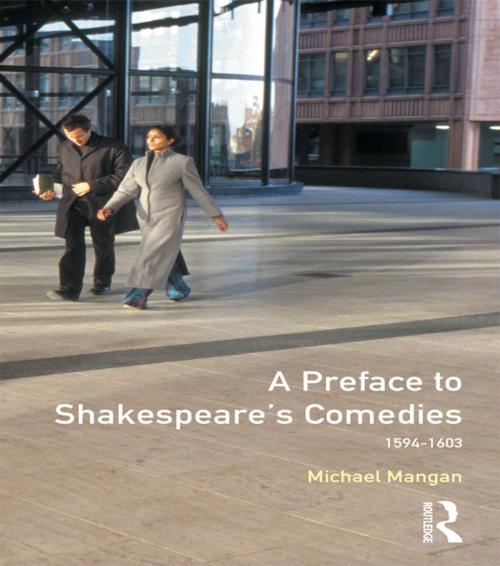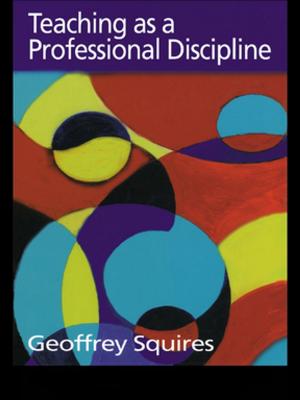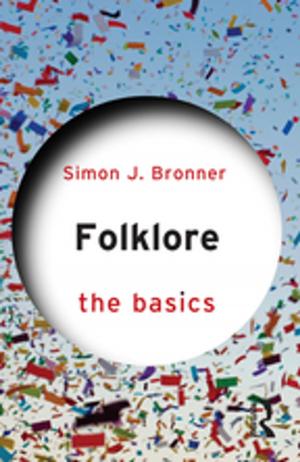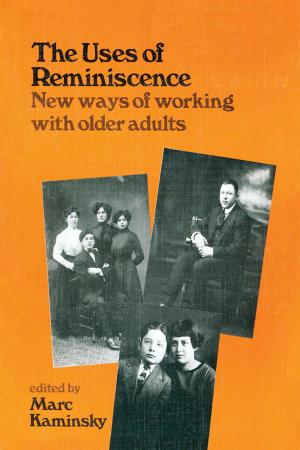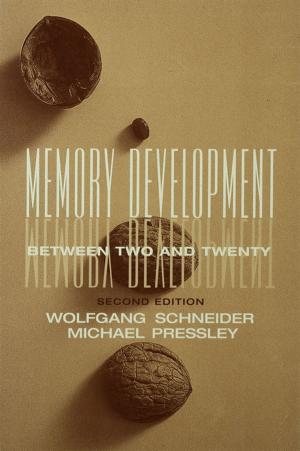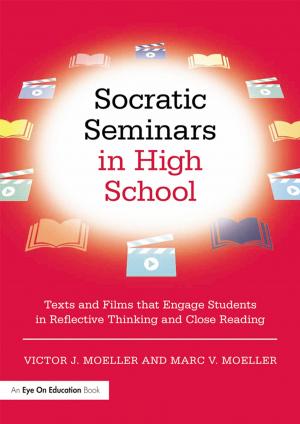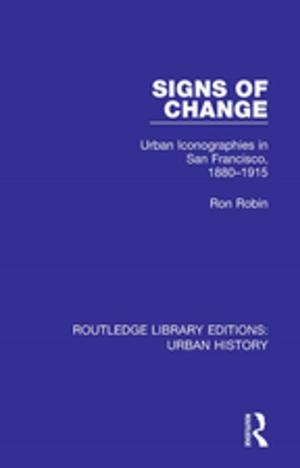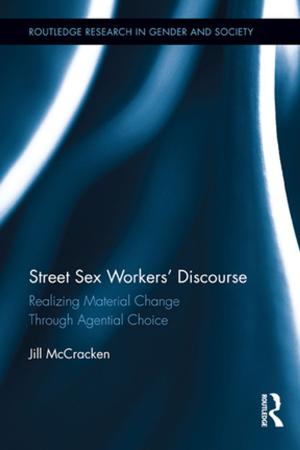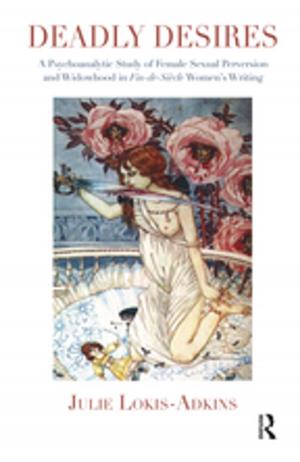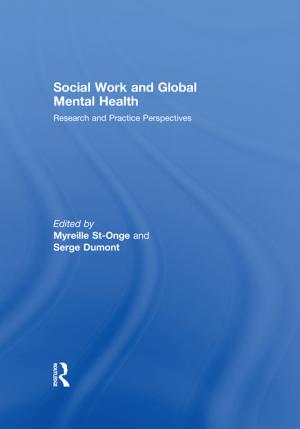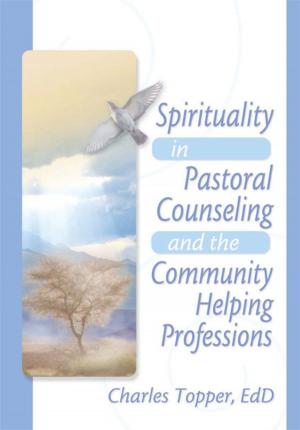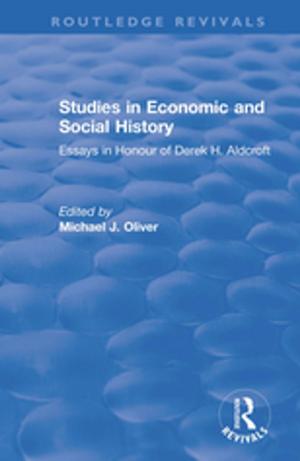A Preface to Shakespeare's Comedies
Nonfiction, Entertainment, Drama, Shakespeare, Fiction & Literature, Literary Theory & Criticism| Author: | Michael Mangan | ISBN: | 9781317895039 |
| Publisher: | Taylor and Francis | Publication: | June 6, 2014 |
| Imprint: | Routledge | Language: | English |
| Author: | Michael Mangan |
| ISBN: | 9781317895039 |
| Publisher: | Taylor and Francis |
| Publication: | June 6, 2014 |
| Imprint: | Routledge |
| Language: | English |
This is an informative and interesting guide to the comedies of love - The Two Gentlemen of Verona, The Taming of the Shrew, Love's Labour's Lost, A Midsummer Nights Dream, Much Ado About Nothing, As You Like it and Twelfth Night - which were written in the early part of Shakespeare's career. As well as supplying dramatic and critical analysis, this study sets the plays within their wider social and artistic context.
Michael Mangan begins by considering the social function of laughter, the use of humour in drama for handling social tensions in Elizabethan and Jacobean society and the resulting expectations the audience would have had about comedy in the theatre. In the second section he discusses the individual plays in the light of recent critical and theoretical research. The useful reference section at the end gives the reader a short bibliographic guide to key historical figures relevant to a study of Shakespeare's comedies and a detailed critical bibliography.
This is an informative and interesting guide to the comedies of love - The Two Gentlemen of Verona, The Taming of the Shrew, Love's Labour's Lost, A Midsummer Nights Dream, Much Ado About Nothing, As You Like it and Twelfth Night - which were written in the early part of Shakespeare's career. As well as supplying dramatic and critical analysis, this study sets the plays within their wider social and artistic context.
Michael Mangan begins by considering the social function of laughter, the use of humour in drama for handling social tensions in Elizabethan and Jacobean society and the resulting expectations the audience would have had about comedy in the theatre. In the second section he discusses the individual plays in the light of recent critical and theoretical research. The useful reference section at the end gives the reader a short bibliographic guide to key historical figures relevant to a study of Shakespeare's comedies and a detailed critical bibliography.
